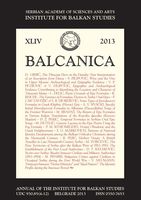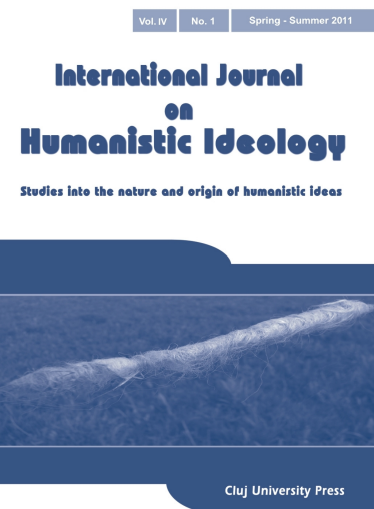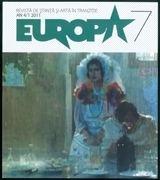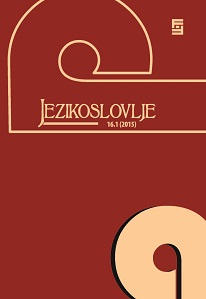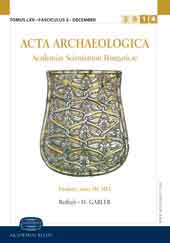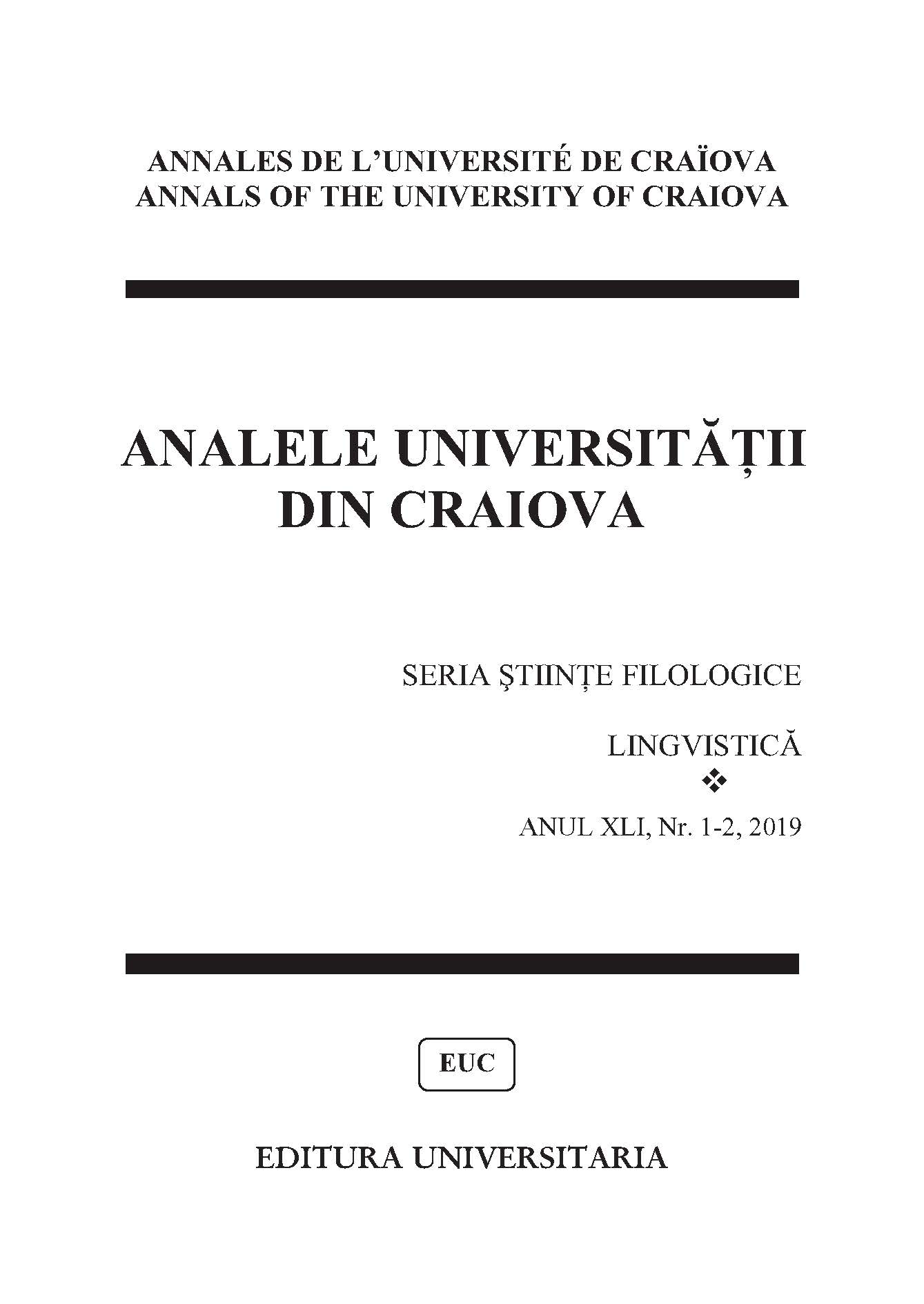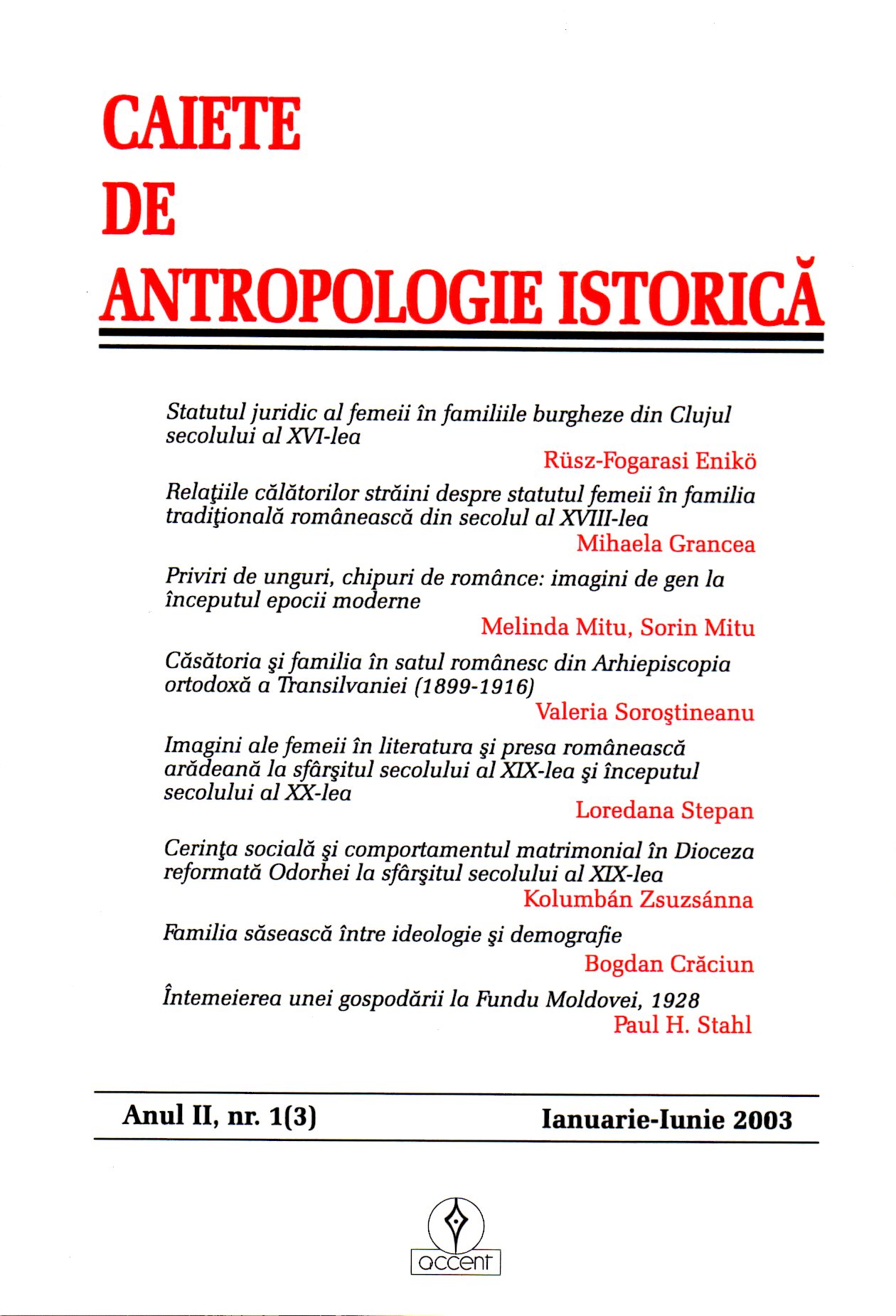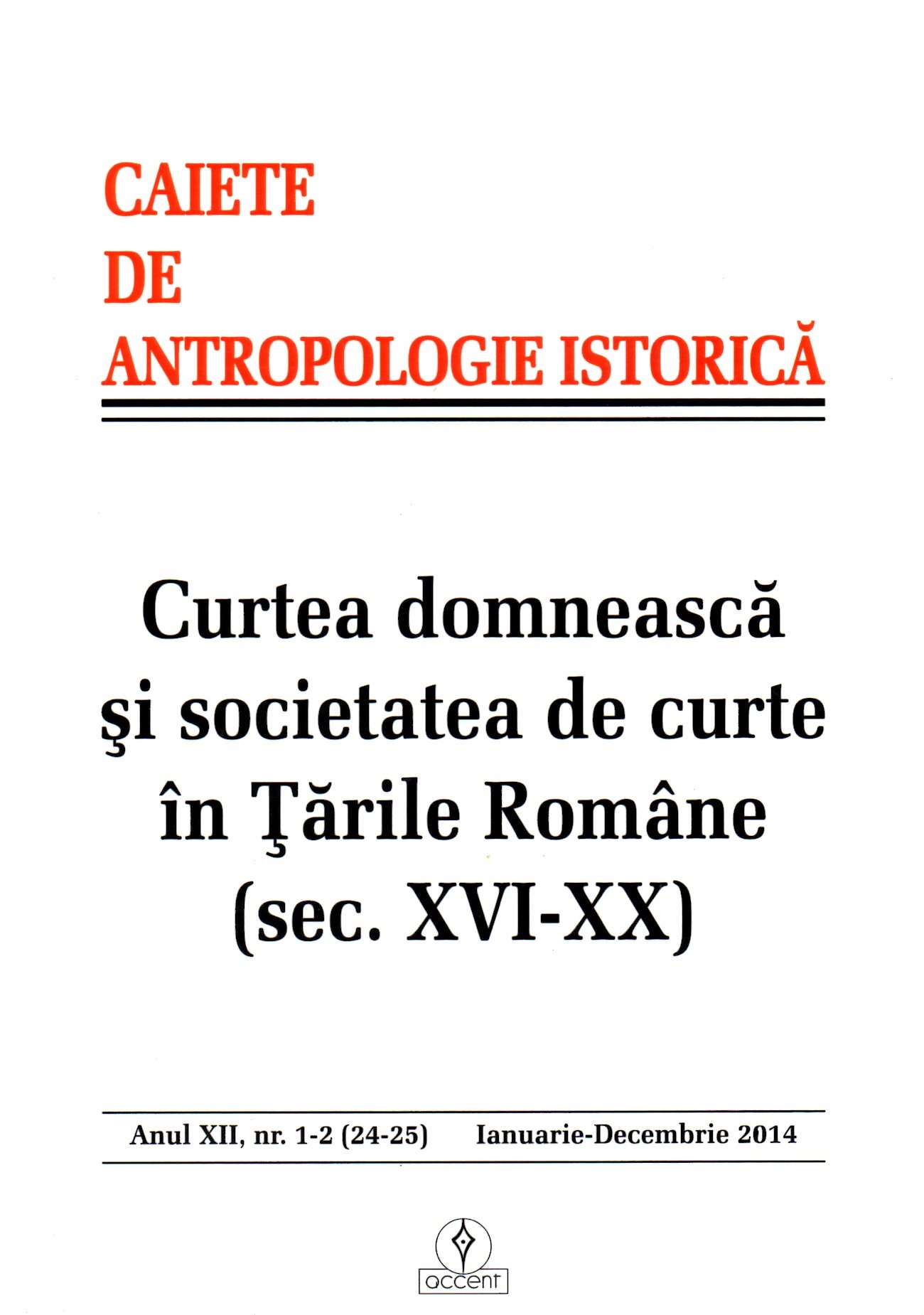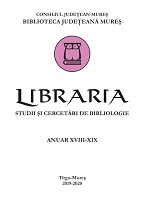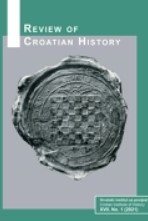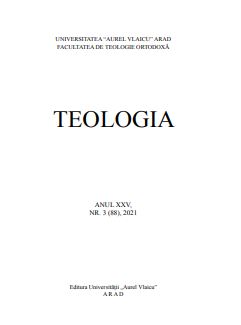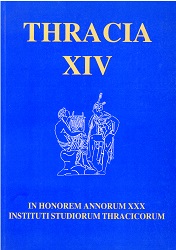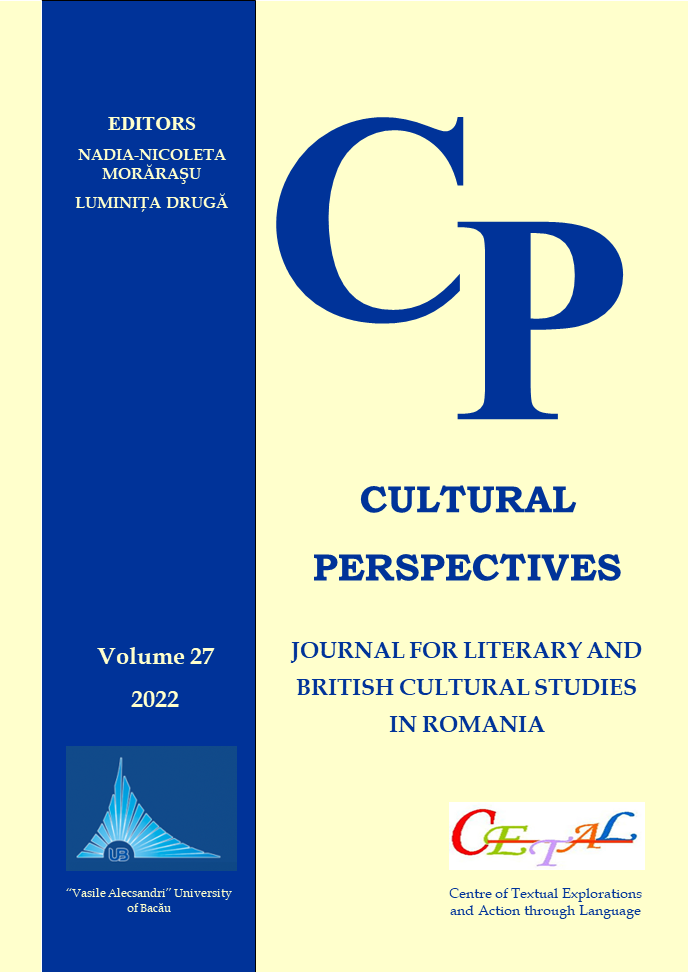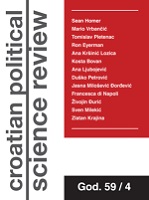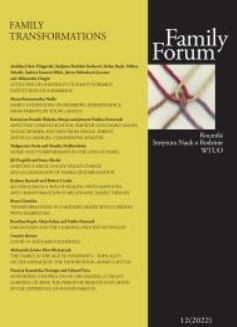Diana Corcan sau întoarcerea la condiţia umană
Author(s): Liviu G. Stan / Language(s): Romanian
/ Issue: 07/2011
O probă de foc pentru orice poezie este mişcarea; atât ipostazierea/încadratura metafizică în expresie a mişcărilor fiinţei poetice, cât şi mişcarea ca dinamism al trecerii din actualitatea concretă a absenţei în vitalitatea abstractă a prezenţei. Altfel spus: „această neobişnuită putere de a conserva vigoarea intactă a senzaţiei materiale” (Georges Poulet, vorbind despre limbajul poetic al lui Paul Claudel). La acest capitol clachează cei mai mulţi poeţi, deoarece la acest capitol se pune incomoda problemă a Cogito-ului poetic („surprinderea cu totul nouă a fiinţei gânditoare” – acelaşi Poulet). Pe scurt, în acest punct se surpă cazematele generaţioniste. Mai exact: aici se trasează necesara linie de demarcaţie între un textier scăpat din eprubeta unui laborator filologic sau rezultat printr-un concurs de împrejurări care vizează domeniul vast, trist şi cinic al prefabricatului şi un poet cu spirit de poet – deci, cu destin. Revenind la mişcare, primul detaliu care frapează, la o lectură sub lupa tehnicităţii, când deschizi cel de-al treilea volum de poezii al Dianei Corcan – “Tubaj cu şarpe” (Ed. Brumar, Timişoara, 2010) – este capacitatea excepţională şi infatigabilă a poetei de a-şi concentra, de a capta şi de a încripta atât undele zbaterilor interioare şi tempoul anxietăţilor sublimate pictural, cât şi iluminările metafizice ale conştiinţei, acele descoperiri unificabile, cum superb le numeşte Cesare Pavese. În mod esenţial, poetica Dianei Corcan poartă în sine, ca nucleu tare, ca generator de repere interpretative şi, în acelaşi timp, ca maşinărie de produs miraje, o poetică secundară, una care prelucrează continuu şi meticulos realitatea.
More...

